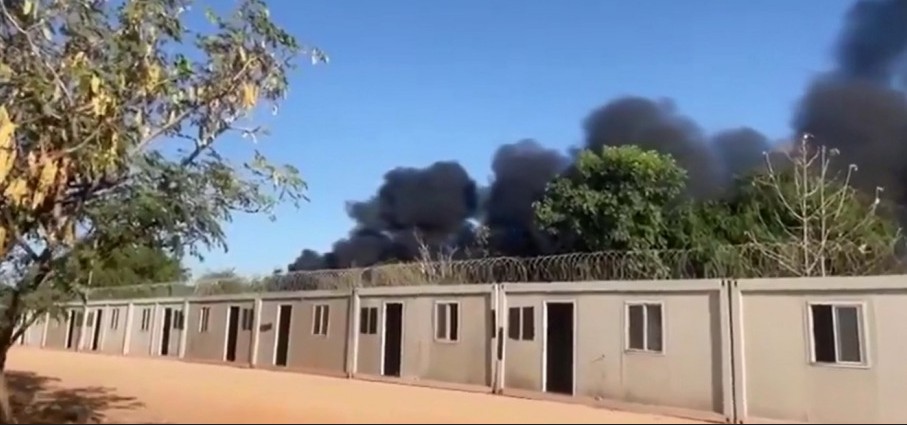Kenya Water Towers Agency disbanded after expiry of legal framework

The decision to dissolve KWTA is part of the government's broader effort to rationalise state corporations and eliminate overlapping functions.
Following the expiry of the legal framework that established the Kenya Water Towers Agency (KWTA), Environment and Climate Change Cabinet Secretary Aden Duale has dissolved the agency.
The agency's governing legal instrument, Gazette Notice No. 31 of April 20, 2012, lapsed over a year ago, prompting the government to officially wind down the agency's operations.
More To Read
- Court bans eucalyptus planting near water sources nationwide
- NEMA warns over return of banned plastic bags
- Environment Ministry withdraws 2025 regulations amid outcry over lack of consultation
- Counties blamed for garbage crisis as CS Barasa cites rampant defiance
- Kenya gets Sh16.4 billion loan to tackle rural poverty, climate woes
- At least 13,500 families to receive compensation after Mau Forest evictions
The decision to dissolve KWTA is part of the government's broader effort to rationalise state corporations and eliminate overlapping functions.
Duale on Friday explained that KWTA's role often conflicted with the mandates of other institutions, including the Kenya Forest Service (KFS), Kenya Forestry Research Institute (KEFRI), and the National Environmental Management Authority (NEMA).
"KWTA functions have sometimes overlapped with those of other institutions like the Kenya Forest Service, Kenya Forestry Research Institute, and the National Environmental Management Authority," he said.
In line with this dissolution, the agency's board has been disbanded, and its chairperson and directors have been reassigned to other roles within the government.
Despite the disbandment, Duale reassured that all KWTA staff would be absorbed into the ministry and its agencies based on their competencies.
"All staff of KWTA will be deployed to the Ministry and its agencies based on their established competencies," he confirmed.
The dissolution comes after KWTA ceased its functions a month ago when its board was dissolved, marking a significant shift in the management of Kenya's water towers.
This is the first time the government has publicly acknowledged that the agency has stopped operating.
Functions
The Kenya Water Towers Agency was tasked with overseeing the protection, rehabilitation, and sustainable management of Kenya's critical water towers, including the Mau Forest Complex, Aberdare Range, Mount Kenya, and Mount Elgon.
However, with its functions overlapping with those of existing agencies, the government decided that it was necessary to consolidate resources and improve efficiency.
The dissolution is part of the government's ongoing push for reform across public institutions, particularly in environmental management.
CS Duale also directed the two Principal Secretaries for Environment and Climate Change and Forestry to expedite the audit of KWTA's assets and liabilities, ensuring a smooth transition.
"This decision is part of the ongoing Cabinet-sanctioned rationalisation of state corporations with overlapping and/or duplicate mandates," he explained.
The decision to dissolve KWTA has been widely welcomed by environmental stakeholders, who believe it will lead to better coordination and more effective service delivery.
By redistributing resources and staff from KWTA to agencies like KFS, KEFRI, and NEMA, the government hopes to bolster the capacity of these institutions to manage the country's vital natural resources.
As the audit of KWTA continues, Duale reaffirmed the government's commitment to sustainability and resource optimization, ensuring that environmental conservation and climate change mitigation efforts remain on track.
Top Stories Today













































